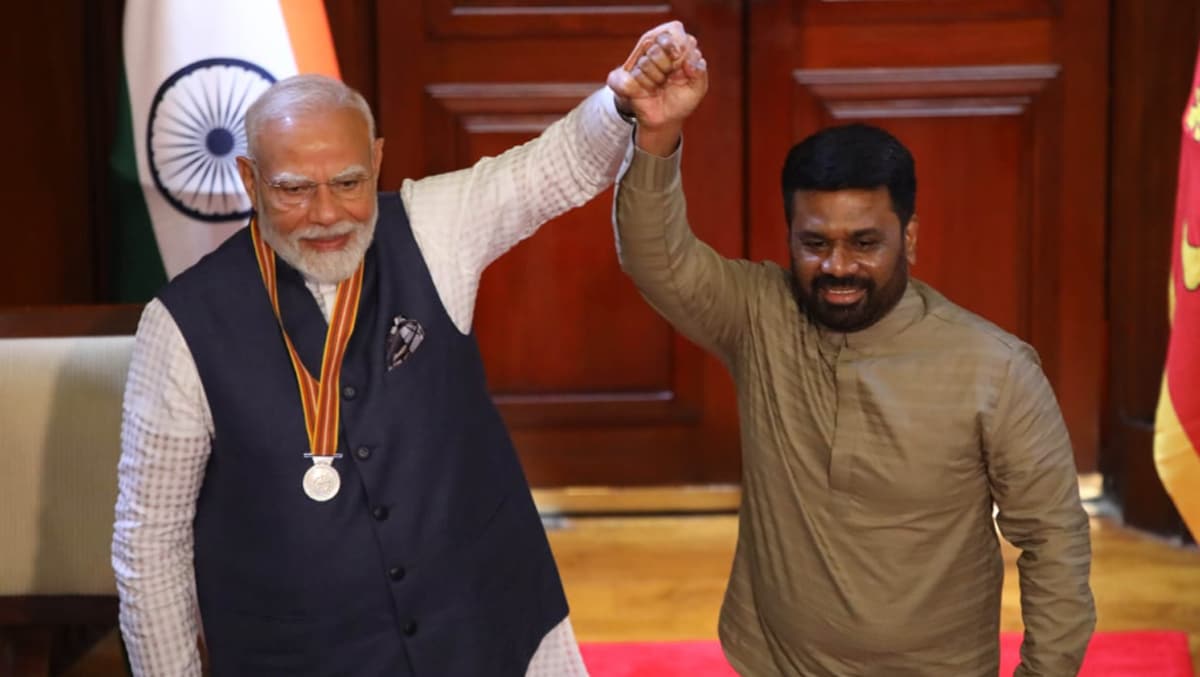Sri Lanka’s Defence Cooperation MoU with India
Sri Lanka and India Forge Defence Pact

Sri Lanka has officially entered into a Memorandum of Understanding (MOU) with India to enhance defence cooperation, a move that coincided with Prime Minister Narendra Modi’s recent visit to Colombo. The agreement, which remains confidential, has raised concerns amid ongoing geopolitical tensions between India and China, particularly regarding Chinese research vessels in Sri Lankan waters. The MOU outlines a framework for collaboration in various defence sectors, although specific details have not been disclosed by either government.
Key Aspects of the Defence Cooperation Agreement
The nine-page MOU, signed by Sri Lanka’s Defence Secretary Sampath Thuyacontha and Indian High Commissioner Santosh Jha, comprises 12 articles that detail the scope and terms of cooperation. While the Indian High Commission in Colombo has refrained from commenting on the specifics, it has emphasized that the contents of the MOU are confidential and strictly between the two nations. Similarly, Sri Lanka’s Foreign Ministry has also declined to provide details.
Maersk Names Christopher Cook as New Managing Director for India, Bangladesh, and Sri Lanka
Despite the lack of transparency, officials from both countries have indicated that the MOU primarily formalizes existing informal defence procedures. The agreement encompasses a wide range of topics, including personnel exchanges, training programs, and cooperation in defence technology and research. It also addresses financial arrangements and the protection of classified information.
The MOU is set to remain in effect for five years, with provisions allowing either country to terminate the agreement with three months’ written notice. This flexibility reflects the dynamic nature of international relations in the region, particularly in light of the strategic interests of both India and China in South Asia.
Broader Implications for Regional Security
The signing of this MOU comes at a time of heightened scrutiny regarding foreign influence in Sri Lanka, particularly from China. India has expressed strong opposition to Chinese research vessels operating in Sri Lankan waters, viewing such activities as a potential threat to its national security. The new defence pact is seen as a strategic move by Sri Lanka to balance its relationships with both India and China while enhancing its own defence capabilities.
As the geopolitical landscape continues to evolve, the implications of this agreement could extend beyond bilateral relations, potentially influencing regional security dynamics. The MOU’s focus on joint training exercises, humanitarian assistance, and disaster relief operations indicates a commitment to collaborative security efforts, which may foster greater stability in the region.
In summary, the defence cooperation MOU between Sri Lanka and India marks a significant step in strengthening ties between the two nations, amidst a backdrop of complex geopolitical challenges. The agreement’s long-term impact will depend on the execution of its provisions and the broader international context in which it operates.
